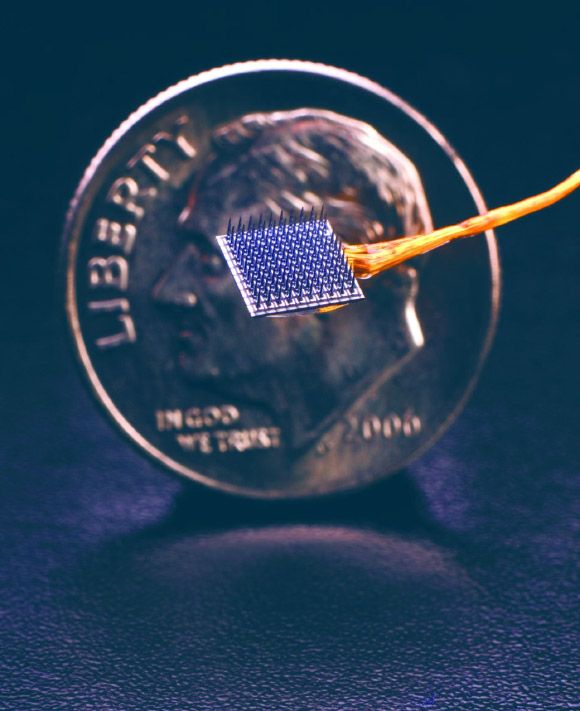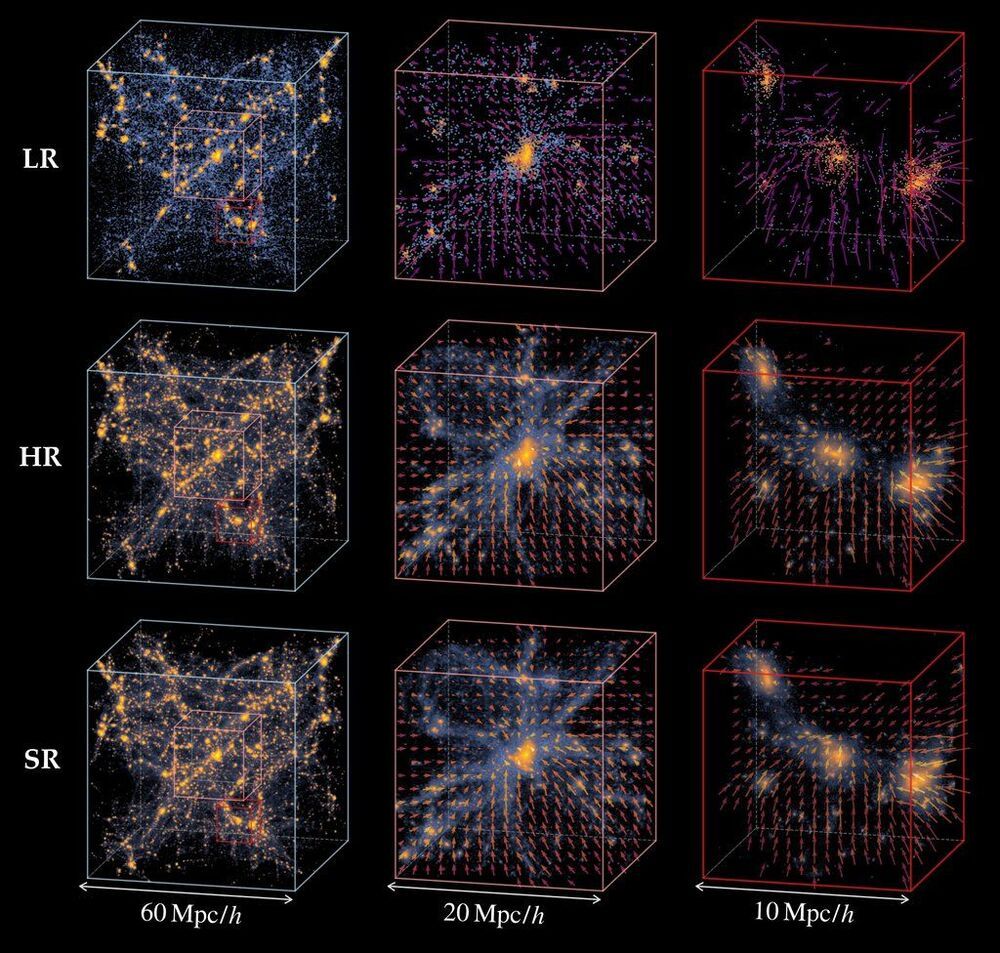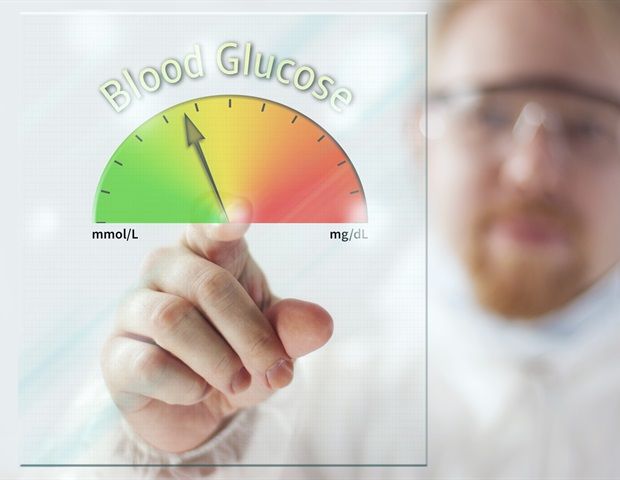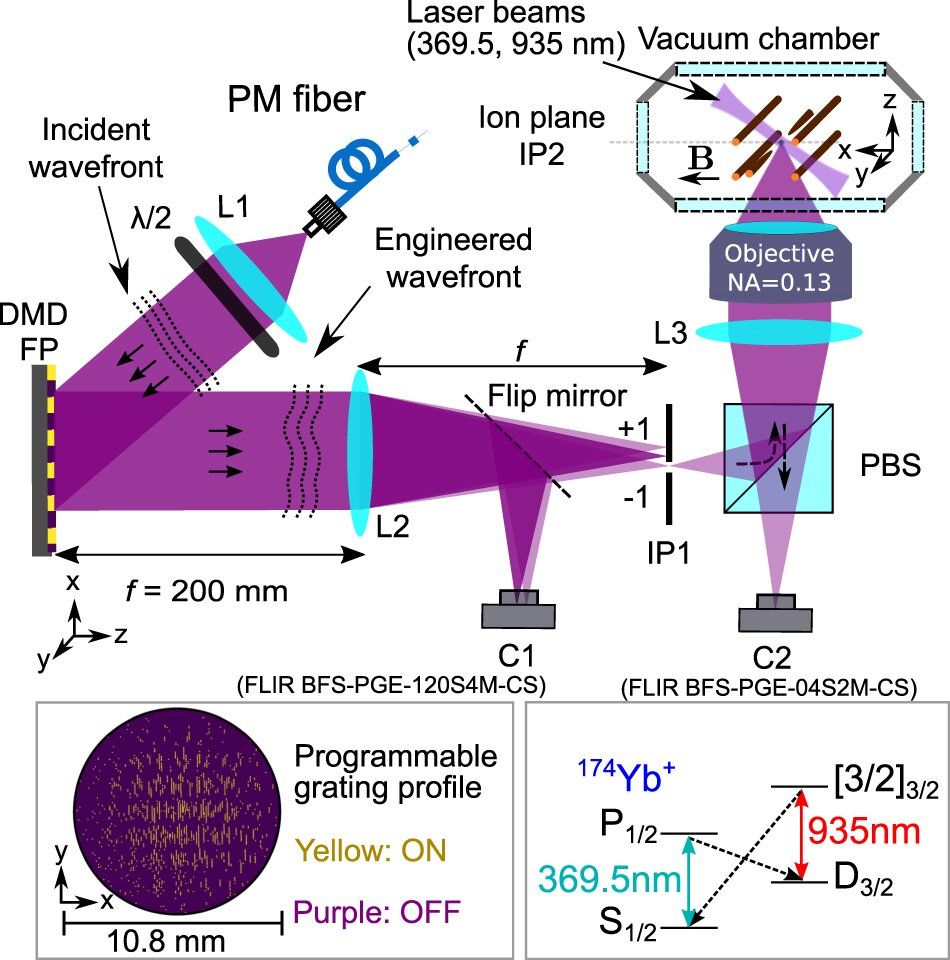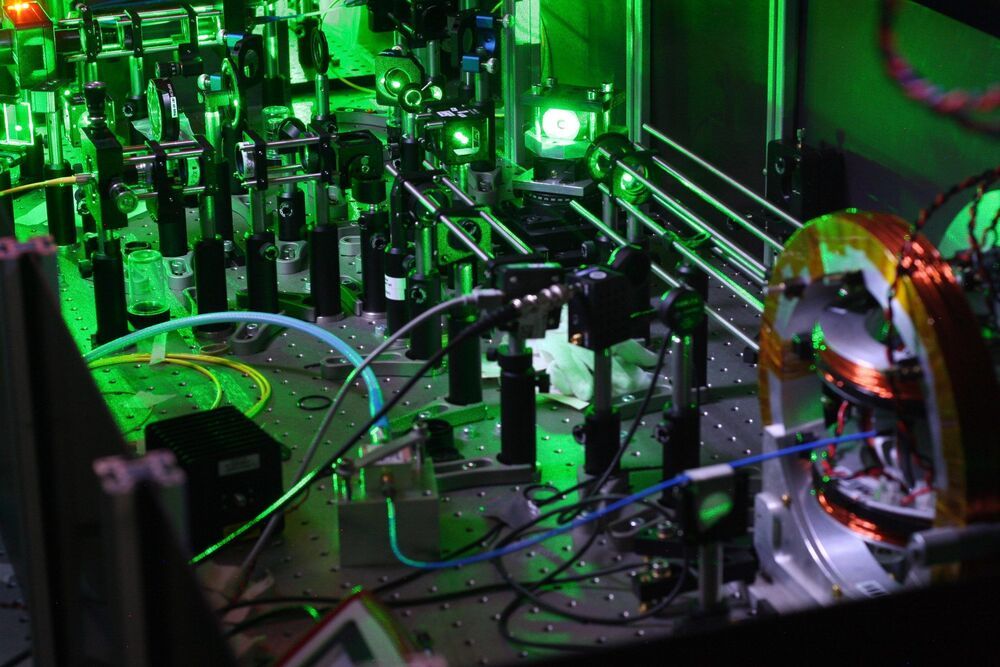An international research team analyzed a database of more than 1000 supernova explosions and found that models for the expansion of the Universe best match the data when a new time dependent variation is introduced. If proven correct with future, higher-quality data from the Subaru Telescope and other observatories, these results could indicate still unknown physics working on the cosmic scale.
Edwin Hubble’s observations over 90 years ago showing the expansion of the Universe remain a cornerstone of modern astrophysics. But when you get into the details of calculating how fast the Universe was expanding at different times in its history, scientists have difficulty getting theoretical models to match observations.
To solve this problem, a team led by Maria Dainotti (Assistant Professor at the National Astronomical Observatory of Japan and the Graduate University for Advanced Studies, SOKENDAI in Japan and an affiliated scientist at the Space Science Institute in the U.S.A.) analyzed a catalog of 1048 supernovae which exploded at different times in the history of the Universe. The team found that the theoretical models can be made to match the observations if one of the constants used in the equations, appropriately called the Hubble constant, is allowed to vary with time.

